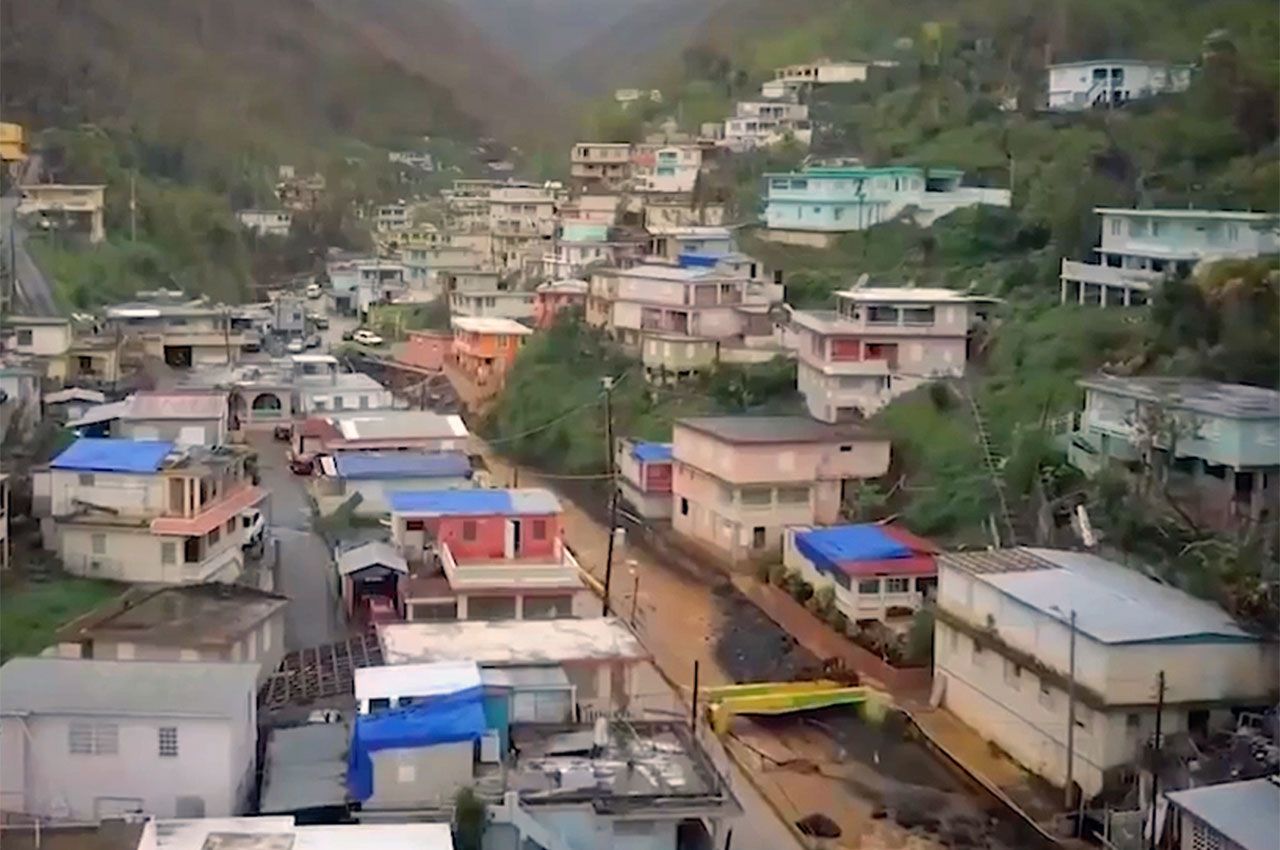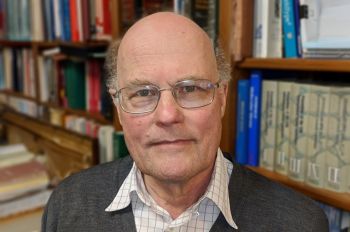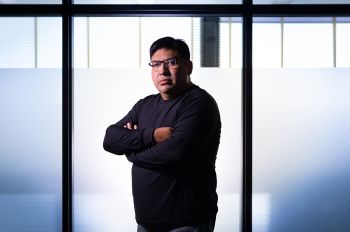How Are Puerto Ricans Responding Politically to U.S. Hurricane Cleanup Efforts?
Experts Report: Margaret Power, Professor of History

TRANSCRIPT
Because of the severe crisis in Puerto Rico, different countries, for example, Venezuela but also other countries, said, we will ship in oil because we understand you have to have that oil to run your generators to survive. The United States said, no, we won’t let that oil come in. Puerto Rico had no recourse, they had no way to say, we need that oil. So I think what is being talked about is some idea of sovereignty, and what that sovereignty actually means still has to be worked out. But I think there has to be some measure of self-government turned over to Puerto Rico.
Part of the problem in terms of independence is many of the people in Puerto Rico feel mentally, emotionally, and in fact materially they are dependent on the United States, that they cannot survive without the United States. Because a huge portion of people in Puerto Rico have served in the U.S. armed forces, for example. As a result they receive pensions from the United States. That sustains many people in Puerto Rico. So they think, well, if we became independent what would happen those pensions? So you’d have to have some kind of negotiated settlement, which is not exactly what’s in the cards right now with the current government, and not that it has exactly been in the cards with any past governments.
This, unfortunately, has not been exactly a partisan issue. Both Democrats and Republicans have had very similar responses and treatments to Puerto Rico, which is let’s not deal with them. One-hundred thousand Puerto Ricans have fled Puerto Rico, and they have gone to Florida because they cannot sustain themselves in Puerto Rico. We’re talking about people, who many of whom are elderly, many of whom are sick, people who have not had access to electricity who, for example, have needed to be on dialysis, who have needed to receive other medication. They haven’t been able to get it. So they’ve gone to Florida, where they have family, where they have friends.
This influx of 100,000 Puerto Ricans is shifting the demographics of Puerto Rico. It’s also, I suspect, shifting the political outcomes of Florida.




